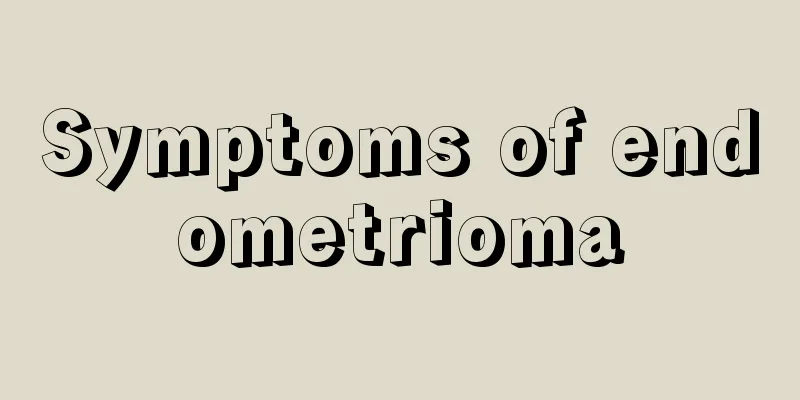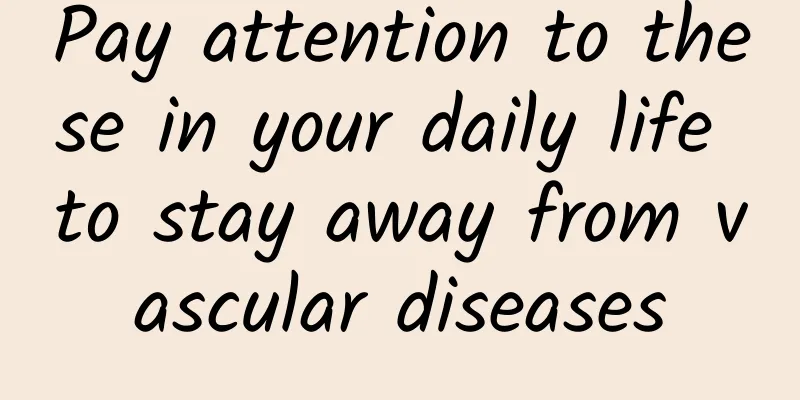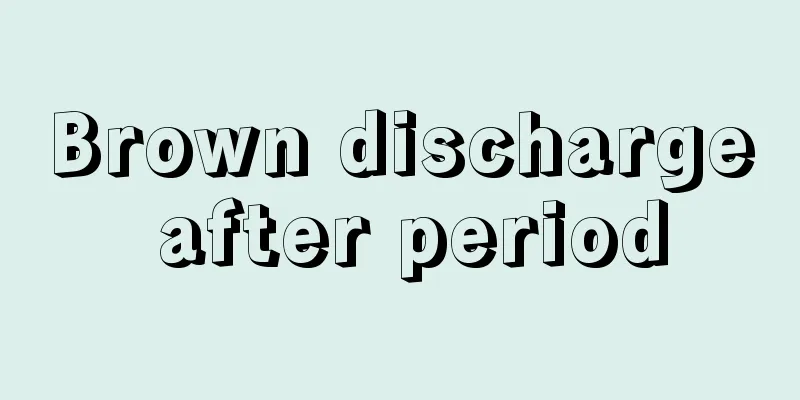[Medical Q&A] What psychological therapies are there for treating insomnia?
![[Medical Q&A] What psychological therapies are there for treating insomnia?](/upload/images/67f0f2631cacb.webp)
|
Planner: Chinese Medical Association Reviewer: Tian Jinzhou, Chief Physician, Dongzhimen Hospital, Beijing University of Chinese Medicine Psychological treatment for insomnia patients mainly includes sleep hygiene education and cognitive behavioral therapy for insomnia (CBT-I). (1) Sleep hygiene education: ① Avoid drinking coffee, strong tea or smoking 4 to 6 hours before bedtime; ② Do not drink alcohol before bedtime; ③ Exercise regularly every day and avoid strenuous exercise 3 to 4 hours before bedtime; ④ Do not overeat before bedtime; ⑤ Avoid doing things that are easy to excite people 1 hour before bedtime; ⑥ Keep the bedroom environment quiet and comfortable, with appropriate light and temperature; ⑦ Ensure a fixed sleep time. Patients should carry out other treatments on the basis of establishing good sleep hygiene habits. For special populations with drug contraindications or higher risks of medication, non-drug treatment is of great significance. (2) Cognitive behavioral therapy (CBT-I): It is the "gold standard" for non-drug treatment of insomnia and the first-line intervention measure recommended by relevant guidelines. It is also the most representative non-drug treatment method supported by evidence-based medicine to date. Commonly used treatments are as follows: A. Sleep restriction therapy: Increase the ability to fall asleep by shortening the time spent awake in bed to improve sleep efficiency. Specific content: ① Reduce the time spent awake in bed to make the bed time consistent with the actual sleep time. If the sleep efficiency is maintained above 85% for at least 1 week, the bed time can be increased by 15 to 20 minutes; ② When the sleep efficiency is lower than 80%, reduce the bed time by 15 to 20 minutes; ③ When the sleep efficiency is between 80% and 85%, keep the bed time unchanged; ④ Take a regular nap of no more than 30 minutes, avoid daytime naps, and maintain a regular wake-up time. B. Stimulus control therapy: ① Go to bed when you feel sleepy; ② If you do not fall asleep after lying in bed for 20 minutes, you should get up and leave the bedroom, and return to the bedroom to sleep when you feel sleepy; ③ Do not do activities unrelated to sleep in bed, such as eating, watching mobile phones or TV, reading, listening to the radio, and thinking about complex problems; ④ Maintain a regular waking time. This therapy can re-establish a benign conditioned reflex between waking up and sleeping, and is recommended as a "standard" non-drug therapy for difficulty falling asleep and maintaining sleep. C. Relaxation therapy: It is suitable for insomnia patients who feel that they "cannot relax" and have various physical discomforts. There are three main forms, including progressive muscle relaxation/body scanning training to reduce skeletal muscle and body tension, abdominal breathing training to induce a slower and deeper abdominal breathing pattern similar to that when sleep occurs, and imagination relaxation training to adjust the body and mind to relax by self-imagination or recalling a comfortable environment or state. Relaxation therapy aims to reduce the insomniac's autonomous awakening, muscle tension and thoughts that interfere with sleep, thereby improving insomnia. |
<<: [Medical Q&A] Can drinking alcohol before bed cure insomnia?
>>: [Medical Q&A] Why is late spring and early summer the ideal time to prepare for pregnancy?
Recommend
Treatment for sweating fits
Many times, due to the lack of elements in the hu...
How to make super short hair look good
Although most women like to have long hair, it do...
Can pregnant women eat some coriander?
Coriander is a relatively common green vegetable....
Postoperative care for uterine fibroids
Uterine fibroids are a relatively common disease,...
How long is it abnormal for my period to be delayed?
In today's world where people are under great...
[Health Lecture] Understanding shingles can help you stay away from pain!
In order to ensure the popularization effect of l...
What fertilizer should be chosen for Clivia? How many drainage holes does the Clivia pot need?
Clivia is a fleshy root plant suitable for uprigh...
There is a load-bearing beam in the middle of the roof, but no ceiling. How to decorate the roof if there is a load-bearing beam in the middle of the roof but no ceiling.
We all know that different types of houses have d...
Pain when pressing breastbone in women
Sternum tenderness refers to the fact that there ...
Effects and harms of hypothyroidism in pregnant women on the fetus
We may not have a clear understanding of the impa...
What are the sequelae of cervical conization?
After cervical conization, many women will worry ...
How to remove the pregnancy line? Women should keep these methods in mind
Many women will have obvious pregnancy lines afte...
Can pregnant women use eye drops?
Pregnant women are relatively weak during pregnan...
Postpartum disease, confinement care, is it true?
There is a saying among the older generation that...
Causes of blushing in seborrheic dermatitis
Dermatitis is a very serious skin disease, which ...









